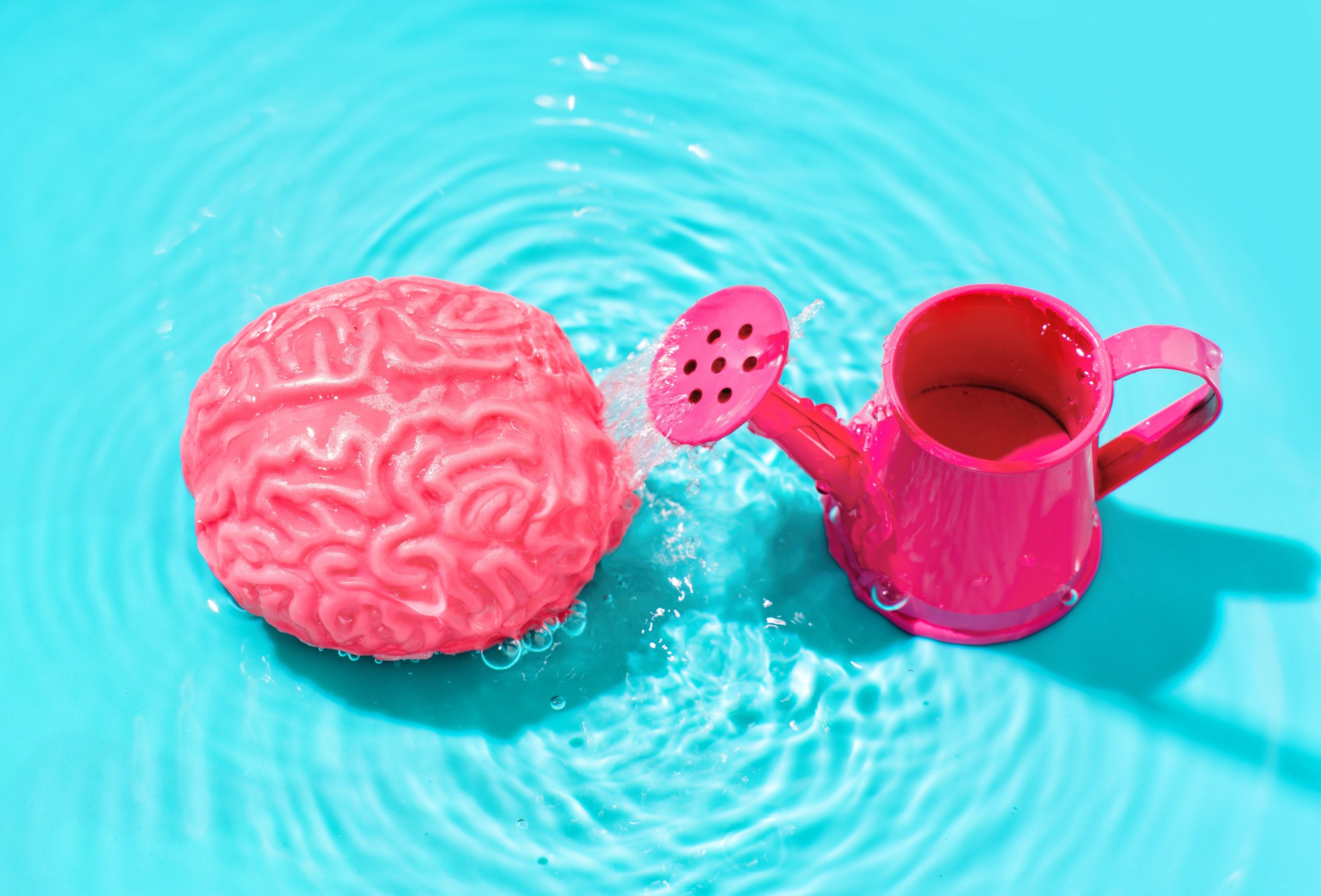Hydration is essential for maintaining overall health and wellbeing, but it’s particularly important for brain health. The brain is made up of about 75% water, and even mild dehydration can have a significant impact on cognitive function. In this article, we’ll explore the role of hydration in brain health.
Cognitive Function
Dehydration can have a significant impact on cognitive function, including memory, attention, and mood. Studies have shown that even mild dehydration can lead to impaired cognitive performance, particularly in tasks that require attention and working memory. In contrast, adequate hydration has been shown to improve cognitive function and promote mental clarity.
Brain Structure
Hydration also plays a critical role in maintaining brain structure. Dehydration can lead to the shrinkage of brain tissue, which can result in headaches, fatigue, and confusion. Long-term dehydration can also increase the risk of brain damage and cognitive impairment.
Cerebral Blood Flow
Water is essential for maintaining cerebral blood flow, which is critical for delivering nutrients and oxygen to the brain. Dehydration can lead to a decrease in cerebral blood flow, which can cause fatigue, headaches, and impaired cognitive function.
Electrolyte Balance
Electrolytes such as sodium, potassium, and magnesium are critical for maintaining proper hydration and are essential for brain function. Electrolyte imbalances can lead to dehydration, which can impact cognitive function and overall health.
Stress Management
Stress is a common cause of dehydration, and dehydration can also increase stress levels. Proper hydration can help manage stress by reducing cortisol levels, a hormone associated with stress. Drinking water can also promote relaxation and improve mood.
Sleep Quality
Dehydration can also impact sleep quality, which is essential for cognitive function and overall health. Adequate hydration can help promote better sleep by regulating body temperature and reducing the risk of sleep disturbances.
In conclusion, hydration plays a critical role in brain health. Adequate hydration is essential for maintaining cognitive function, brain structure, cerebral blood flow, electrolyte balance, stress management, and sleep quality. Dehydration can lead to impaired cognitive function, headaches, fatigue, and cognitive impairment. It’s essential to drink enough water throughout the day to ensure proper hydration and to manage stress, improve sleep quality, and promote overall brain health.
The recommended daily intake of water varies based on factors such as age, gender, and activity level. As a general rule, it’s recommended to drink at least eight cups of water per day. However, some people may require more water, particularly if they engage in physical activity or live in hot climates. Drinking water-rich foods such as fruits and vegetables can also contribute to overall hydration.
In addition to water, other hydrating beverages such as herbal tea and low-sugar electrolyte drinks can also help maintain hydration levels. It’s important to avoid sugary drinks and excessive caffeine, as these can have a dehydrating effect.
In summary, staying hydrated is essential for maintaining overall health and wellbeing, particularly for brain health. By drinking enough water throughout the day, eating water-rich foods, and avoiding dehydrating beverages, you can help promote cognitive function, brain structure, and overall health.












